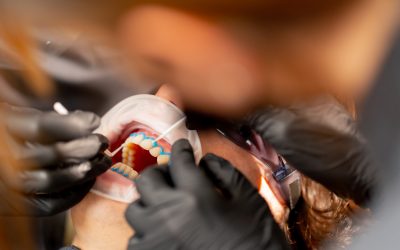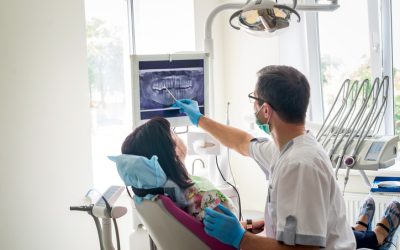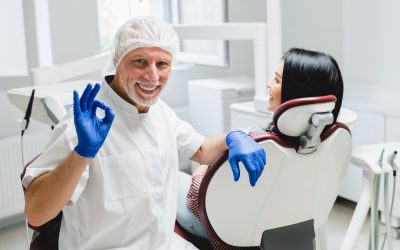July 19, 2024
Dr. Andres de Cardenas
All-on-4 dental implants, cosmetic bonding, Cosmetic Dental Care Services, cosmetic dentist Miami, Cosmetic Dentist Whitening, Cosmetic Dentistry, Daily Health Tips, dental care, Dental Care Tips, Dental Cleaning Appointment, Dental Implant Procedure, dental solutions, Dentist Appointment, family dental Care dentist, Family Dentist, FL, healthy teeth, Natural teeth whitening, Oral Cancer, Oral Care, professional denstists, Smile Makeover, Teeth Alignment, Teeth discoloration, Teeth Whitening, teeth whitening sensitive teeth, The Miami Cosmetic Dentist
Family Dental Care Miami | Miami Cosmetic Dentist > Blog > Blog - Category > Invisalign Care Tips: What You Should Know
Invisalign Care Tips: What You Should Know
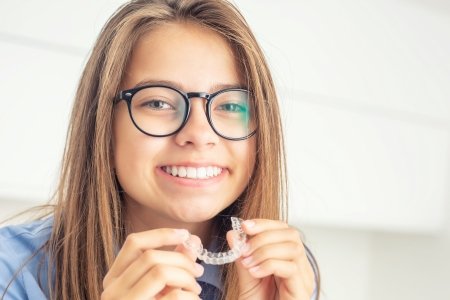
Caring for Your Invisalign System
Invisalign is a popular choice when it comes to orthodontics. One of the frequent questions we get from patients, and those who are considering Invisalign has to do with daily care. Here are some Invisalign care tips so you can keep your aligners clean the right way.
Invisalign Care: The Dos and Don’ts
Do Rinse and Repeat
Proper Invisalign care is simply rinsing and repeating. Every time you remove your aligners—such as when you eat, drink, brush, and floss—rinse your aligners with lukewarm water. Hot water can bend and mold the plastic into a different shape, so avoid extreme temperatures when rinsing.
Your aligners will naturally harbor saliva and plaque, so rinsing them regularly will prevent your aligners from holding onto that bacteria that will make your aligners smell bad or harm your teeth. We also recommend soaking your aligners regularly with denture cleaner, Retainer Brite, or the cleaning crystals that Invisalign offers exclusively.
Don’t Clean Your Aligners This Way
Contrary to popular belief, you should not use toothpaste to clean your aligners. While toothpaste is great for your teeth, it’s not so great for the material of the Invisalign retainers. This is because your teeth can handle more of the abrasive cleaning chemicals and whitening agents that are present in toothpaste. If you use toothpaste, it can dull your aligners and create microscopic holes where bacteria can build up.
When it comes to Invisalign care, we recommend using soap, but stay away from colored soaps. We’re sure you don’t want your aligners turning blue or green. Clean your aligners with a clear antibacterial soap to keep your aligners clean and fresh.
Do Brush and Floss Correctly
Proper brushing and flossing are also essential for Invisalign care. Before reinserting aligners, make sure to brush and floss your teeth thoroughly to avoid cavities and tooth decay. Because Invisalign is a perfect fit on your teeth, it can easily trap any harmful bacteria left behind from food and drinks.
When you’re cleaning your aligners with soap and water, brush them extra gently. If you’re too aggressive, it can scratch and leave markings on your aligners.
Don’t Expose Your Aligners to This
You should also have a carrying case for your aligners, as leaving them exposed and unprotected while you’re eating, brushing, or flossing poses hygienic risks. Not only will storing them help you avoid misplacing them, but it will protect them from germs and bacteria from the air or surfaces that can collect in your aligners.
After taking your aligners off, rinse them, soak them, and then rinse them again before putting them on again.
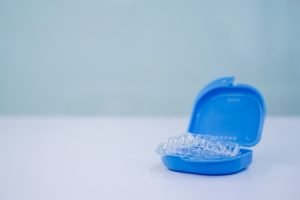
Do Use These Traveling Tips
Again, having a carrying case and oral hygiene kit is key to Invisalign care, especially when you travel. Depending on how long your trip is, we recommend bringing your previous set of aligners, your current set, and your next set. This is because you might experience difficulties with new sets if your teeth are not ready.
If the current aligners are too tight, use the previous set. If you can remove the aligners too easily, then move to the next/newer set of aligners. Ultimately, you should keep in contact with your orthodontist if you are unsure or have any questions.
We also recommend keeping your aligners with you on hand as opposed to storing them in your luggage if you’re flying. Bags can be delayed or get lost in between flights, so it’s best to keep your aligners with you in a purse or carry on bag.
Invisalign Dentist in South Florida | Dr. Andres de Cardenas
For more tips on Invisalign care, make sure to visit our blog. Don’t forget to make your next dentist appointment with us online!
Get In Touch With Us
Recent Posts
- Bright Smiles, Brighter Futures: Why Cosmetic Dentist Whitening Is Worth It
- Safeguard Your Smile: Family Dental Care Dentist Debunks DIY Dentistry Tips!
- Dental Implant FAQs: What to Know About the Recovery Process
- The Health Benefits Of Cosmetic Dental Care Services: Beyond Vanity
- The Ultimate Cosmetic Dental Checklist For Miami, FL Residents
Related articles
July 5, 2024
Dr. Andres de Cardenas
All-on-4 dental implants, cosmetic bonding, Cosmetic Dental Care Services, cosmetic dentist Miami, Cosmetic Dentistry, Daily Health Tips, dental care, Dental Care Tips, Dental Cleaning Appointment, Dental Implant Procedure, dental implant recovery, dental implants, dental solutions, Dentist Appointment, family dental Care dentist, Family Dentist, FL, healthy teeth, Oral Cancer, Oral Care, professional denstists, Smile Makeover, Teeth Alignment, Teeth discoloration, Teeth Whitening, The Miami Cosmetic Dentist
Safeguard Your Smile: Family Dental Care Dentist Debunks DIY Dentistry Tips!
June 21, 2024
Dr. Andres de Cardenas
All-on-4 dental implants, cosmetic bonding, Cosmetic Dental Care Services, cosmetic dentist Miami, Cosmetic Dentistry, Daily Health Tips, dental care, Dental Care Tips, Dental Cleaning Appointment, Dental Implant Procedure, dental implant recovery, dental implants, dental solutions, Dentist Appointment, Family Dentist, FL, healthy teeth, Oral Cancer, Oral Care, professional denstists, Smile Makeover, Teeth Alignment, Teeth discoloration, Teeth Whitening, The Miami Cosmetic Dentist
